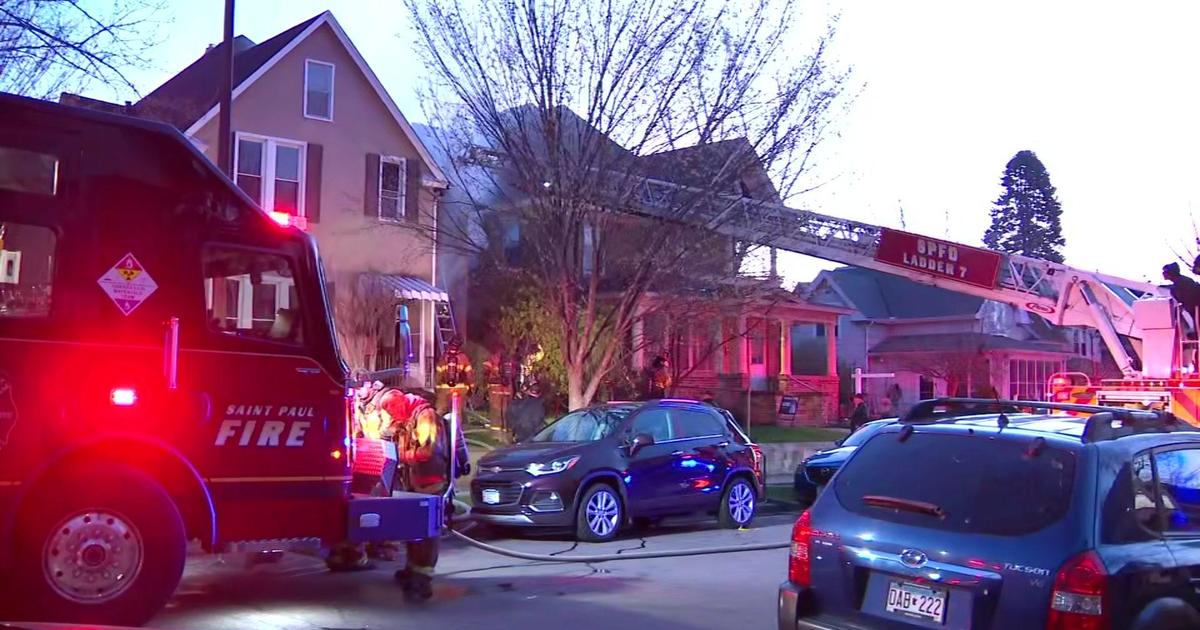Gov. Dayton Seeks To Tax Each Opioid Pill Sold In Minn.
MINNEAPOLIS (WCCO) -- Gov. Mark Dayton unveiled a sweeping plan Wednesday to fight Minnesota's growing opioid abuse crisis -- including a steep tax on drug manufacturers.
There were 395 opioid-related overdose deaths in 2016, an 18-percent jump from the year before.
And opioid deaths in Minnesota rose 66 percent since 2000, according to a report released by the governor Wednesday.
That is why state officials are taking the unusual step of taxing opioid manufacturers for every pill they sell in Minnesota.
"You can call it whatever you want," Dayton said. "It means that they're going to pay for the product they're producing, which is causing this epidemic."
The opioid intervention plan charges opioid manufacturers about a penny for every milligram prescribed and sold in Minnesota.
It would raise about $20 million a year, which would go to law enforcement, emergency responders, treatment and recovery.
This matter is personal for two state lawmakers: Rep. Dave Baker, R-Willmar, and Sen. Chris Eaton, D-Brooklyn Center.
"We think this is the right thing to do today," said Baker, whose son died from an overdose. "Because we have never seen this kind of epidemic killing so many people, and we are slow to react on this issue."
Eaton lost her daughter to an overdose. She called the "penny-a-pill" opioid tax "reparations" for all the damage drug companies did.
"Like many parents who've lost children to this, I'm pretty angry about that," Eaton said. "And I don't see any reason why the taxpayers should have to pay to fix this."
A major part of the plan is to aggressively expand the supply of lifesaving opioid overdose medications, like Naloxone, for emergency responders to use.
State officials estimate in recent years it has prevented several thousands of overdose deaths.
A spokesperson for the Pharmaceutical Research and Manufacturers of America said it is reviewing the specifics of Dayton's proposal, but says the tax would have "negative consequences on patients and innovation."
Here is a written statement:
It's clear that this proposed tax ignores all the factors that led to this public health crisis, including the substantial influx of heroin, counterfeit fentanyl and other illegal drugs, and fails to recognize existing funding available for treatment, prevention and other important programs to help communities.
Additionally, this tax would unfairly penalize and ostracize vulnerable patients who legitimately rely on these prescribed medicines to treat serious, debilitating and sometimes fatal conditions.
PhRMA is strongly committed to working with health care stakeholders, policymakers and others to help address the current opioid crisis, including the wide-ranging policy platform we put forward to aggressively tackle the many drivers of this crisis and help the families and individuals impacted.
We are also working with the NIH, NIDA and the President's Commission on Combatting Drug Addiction and the Opioid Crisis to develop a public-private partnership that will accelerate the development of non-opioid pain medications and new formulations of medication assisted treatment for addiction recovery. Notably, this proposed tax could divert funds that could be spent on research and development of these new, important medicines.



